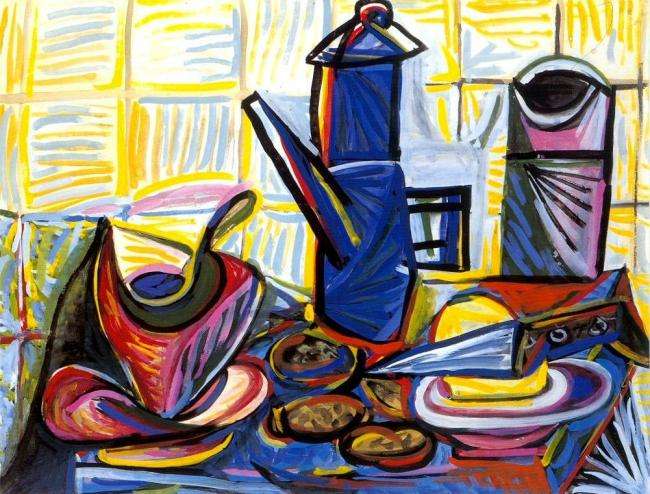So what I want to move on to now and just finish up on is how do we become more of an optimistic.
我現在要說的是我們如何變得更樂觀
So we talked about the virtues, we talked about longevity, people who are optimistic actually live longer.
我們談過優點,談過長壽,樂觀的人實際上活得更久
We talked about higher levels of success, higher levels of happiness, more likely to overcome depression.
我們談過更高水平的成功,更高程度的快樂更能克服憂郁
People who are optimistic are eight times less likely to be depressed; they are much more likely to be happy.
樂觀的人患上憂郁的機會是八分之一,他們會更快樂
And again, optimism as an interpretation style, not as a Pollyannaish feel-good kind of approach.
再說一遍,樂觀是指詮釋的方式,而不是盲目地自我感覺良好的方式
So how do we become more of an optimism? I want to talk about three techniques.
我們如何變得更加樂觀?我想談談三個方法
First is to take action, to just do it, to put ourselves on the line.
首先是采取行動,盡管去做,把自己置于風險之上

Second, I'm going to talk about the power of imagination, visualization,
第二點,我要講想象力,形象化的力量,
many of you are familiar with that, especially athletes as, as a technique. So we'll talk about that technique.
你們許多人熟悉這點,尤其對運動員而言,作為一項技巧,我們要談論這個技巧
And finally, cognitive therapy, which at least according to research, is the most successful, most effective
最后一點是認知療法,至少研究表明,是當今最成功的,最有效的
therapeutic intervention out there today, so we'll talk about some of the basics and summarize those.
治療干預手段,我們要講一些基本要素并進行歸納
So let me begin with action, this is based on research by Albert Bendura, you'll read about self-efficacy,
我們先說行動,這是基于阿爾伯特·班德拉的研究,你們會了解到自我效能
his concept basically the idea of having strong believes and
他的基本概念上是要有堅定的信念,
he just made it more academic, more scientific and researched for many years and we talked about many benefits of self efficacy.
他將它描述得更學術化,更科學化,并研究了數年,我們談過自我效能的許多益處











